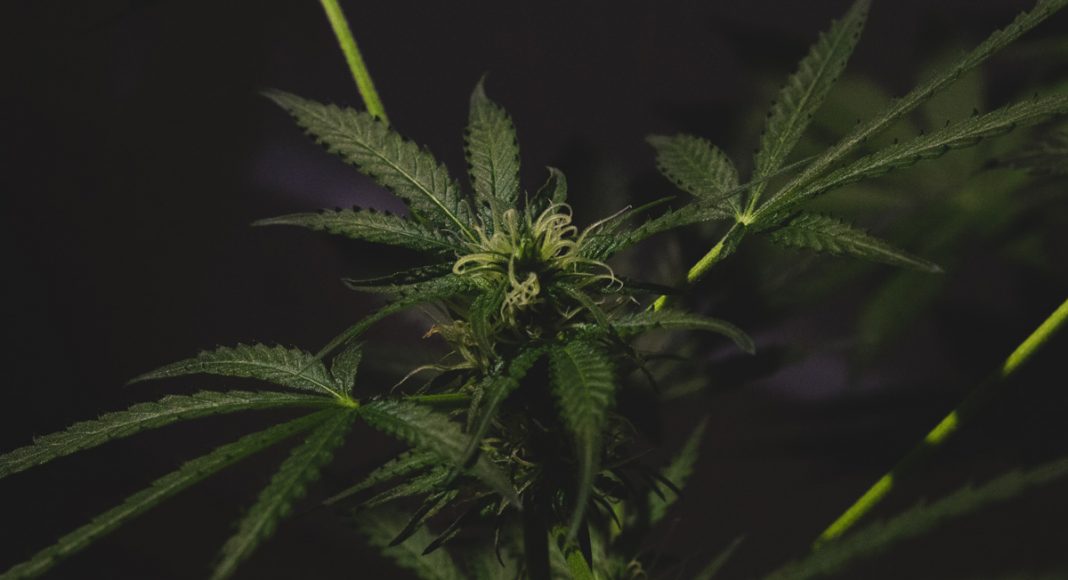For those critical of and against cannabis reform, a reliable worry revolved around potential increases in suicide behavior following widespread marijuana legalization. This was of particular concern when considering those afflicted with psychiatric disorders. Last year, researchers at McMaster University in Canada released a study last year that repudiated such claims, finding “no clear link between cannabis and suicide attempts.” In fact, suicide numbers dropped in california after marijuana legalization.
Now, a new study published this May in Archives of Suicide Research discovered that the total number of suicides in California each year declined following medical marijuana legalization, including gun-assisted suicides. According to the University of California-Irvine scientists behind the study, “findings reveal that rates of total suicide and gun suicide dropped significantly in the aftermath of Proposition 215.”
Suicide rates have risen 30% nationally over the past 15 years, as Democratic presidential candidate Amy Klobuchar said at a recent FOX News town hall. That time frame roughly equates to when states began legalizing medical marijuana across the country.
RELATED: Study: Opioid Abuse Linked To Higher Suicide Rates For Veterans
“The systematic evidence connecting this trend to the availability of medical marijuana is ambiguous, however,” the research team wrote, according to Marijuana Moment.
To conduct the study, the UC-Irvine team collated the number of total, gun and non-gun suicides between 1970-2004. In an effort to understand what those figures would look like if California hadn’t legalized medical marijuana, the team compared the California statistics to the 41 states that didn’t have any medical marijuana program during that time frame.
“In particular, for all suicides, our results demonstrate that California’s 1996 intervention led to an average reduction of 398.9 suicides per year and a cumulative reduction of approximately 3,191 suicides during 1997-2004,” the study found. “Similarly, legalization led to a reduction in gun suicides of 208 per year on average and a cumulative reduction of approximately 1,668 fewer gun suicides during 1997-2004.”
So why did cannabis have this effect on California’s suicide numbers? The most direct conclusion scientists learned regarded federal regulations blocking any citizen who use a federally illegal controlled substance like cannabis from obtaining firearms. Accessing medical marijuana might have discouraged potential victims from committing suicides as a result, considering many suicides involves guns.
The study’s authors also suggested that medical marijuana could help with the symptoms that can lead to suicidal behavior, including mental illness. Previous studies have shown how cannabis can help patients get off their anti-anxiety medications, and treat stress-induced depression.
RELATED: Does Legalizing Marijuana Help Or Harm Americans? Weighing The Statistical Evidence
In addition, researchers added the decline in suicide numbers might involve alcoholic use disorder. Those suffering from the disorder raise their risk of suicide, but replacing that alcohol use with marijuana could help.
“If marijuana and alcohol use are combined, one might expect no change in suicide risk or even an increase in suicide following legalization,” the authors wrote. “If marijuana replaces alcohol, on the other hand, one might expect a decrease in suicide risk following legalization.”
However, such explanations remain inconclusive at the moment. Should further research interrogate such theories, perhaps it “may reveal insight into why we do not find the expected reduction in non-gun suicides following legalization.” Until then, linking marijuana legalization with rising suicide rates should perhaps be discouraged.


